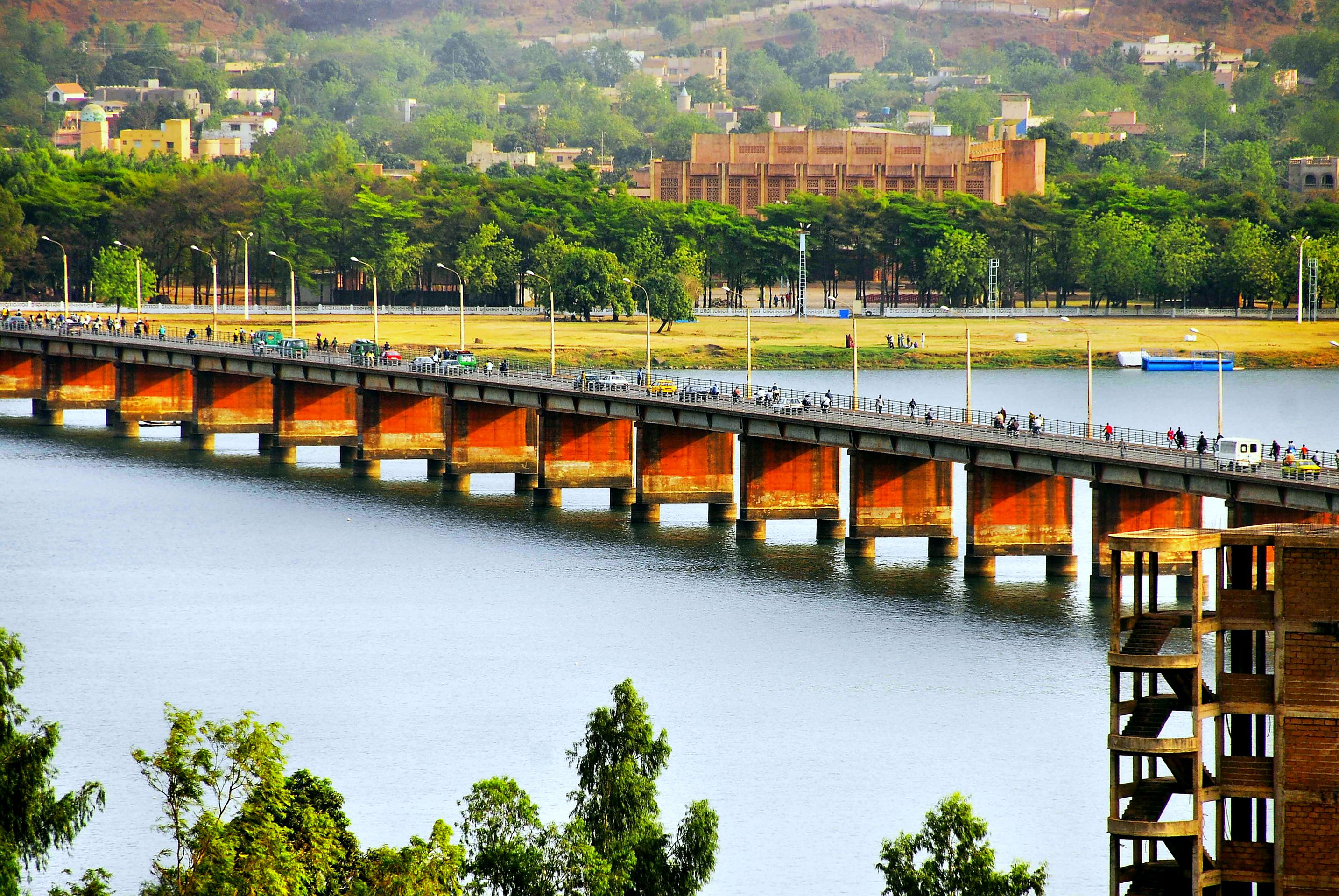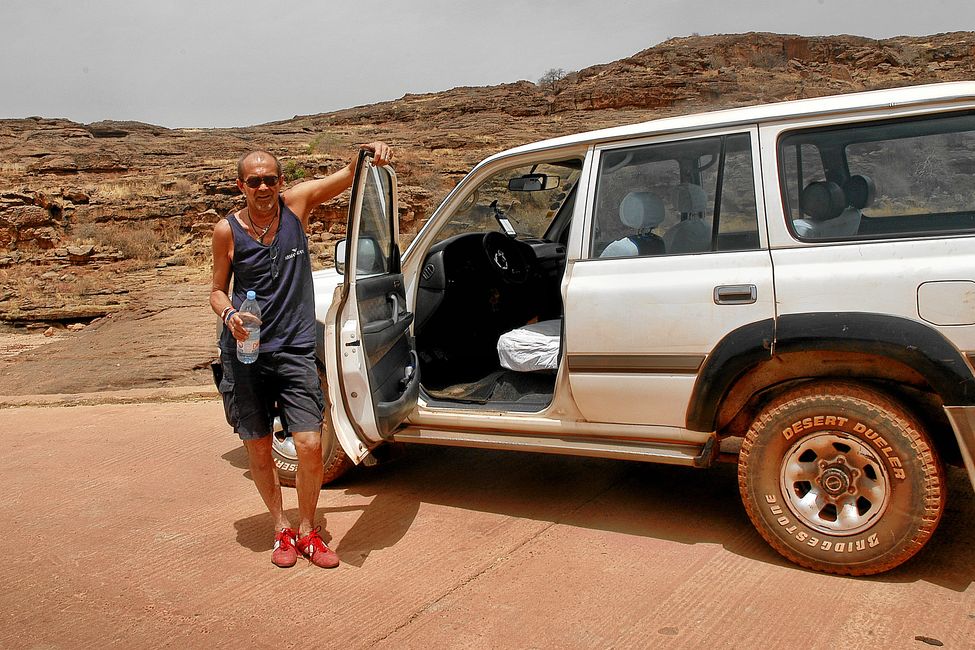
vakantodevymy-reisen
vakantio.de/vakantodevymy-reisen
Sklavenburg El Mina na ɛwɔ hɔ
Wɔatintim: 30.04.2023
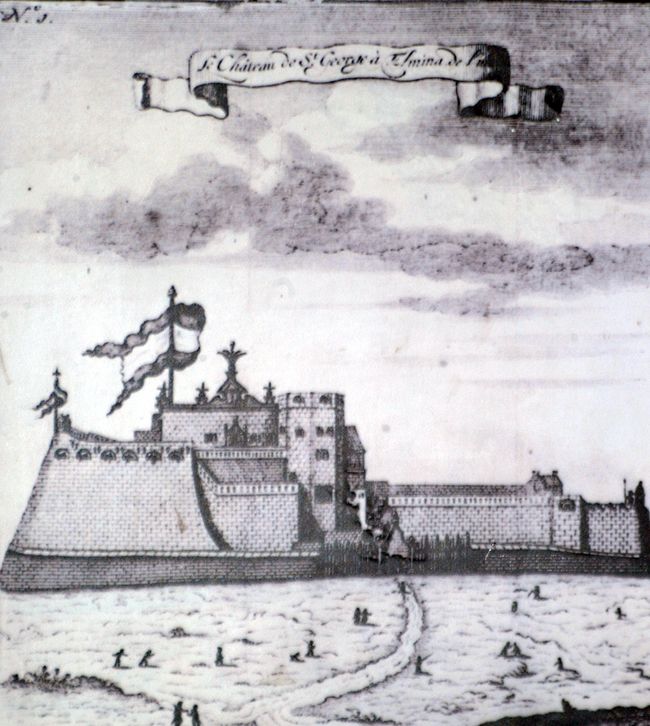
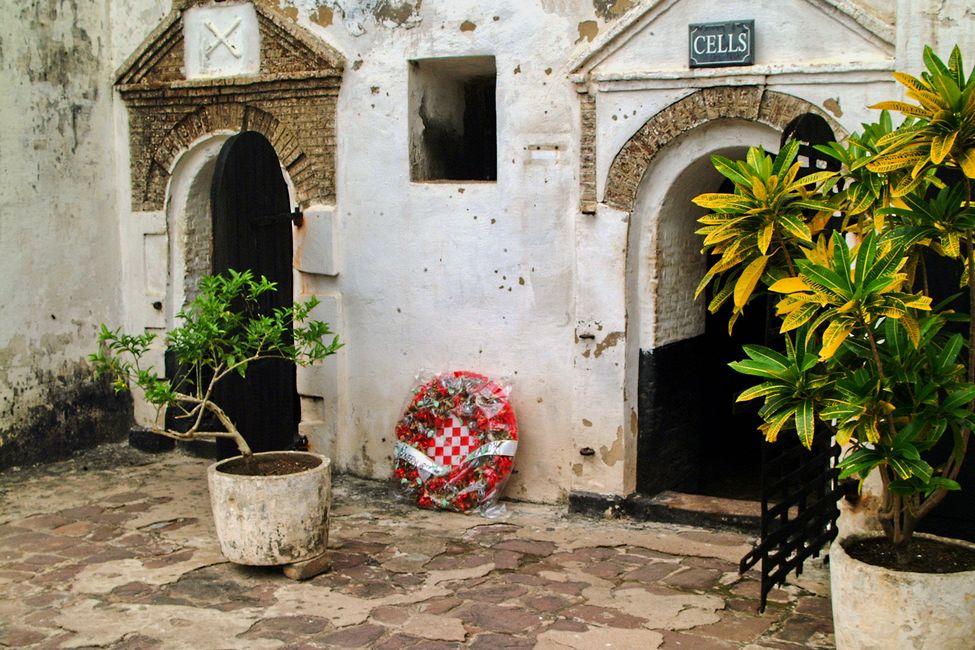
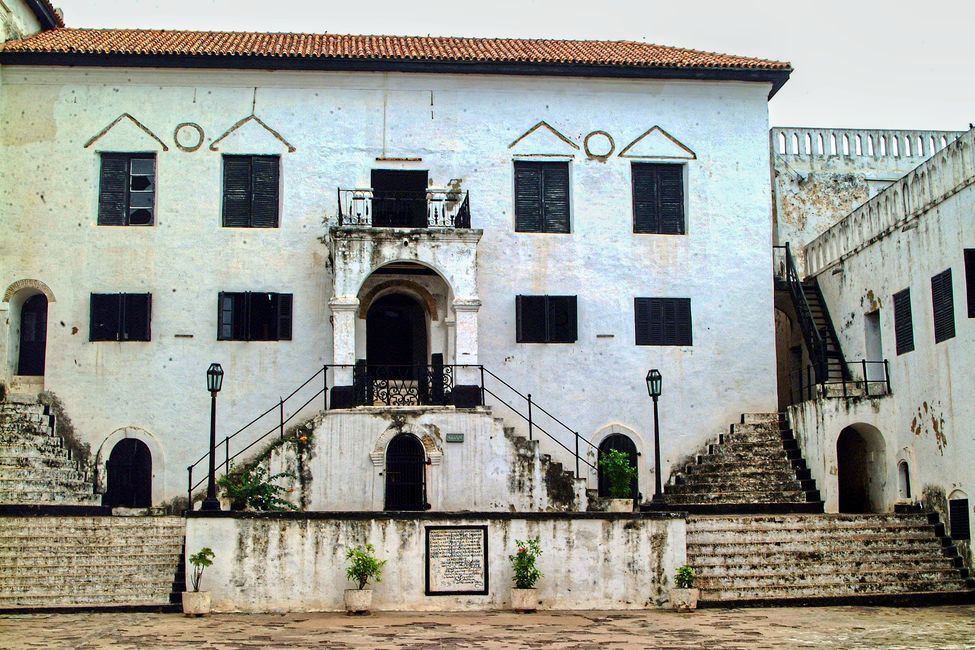
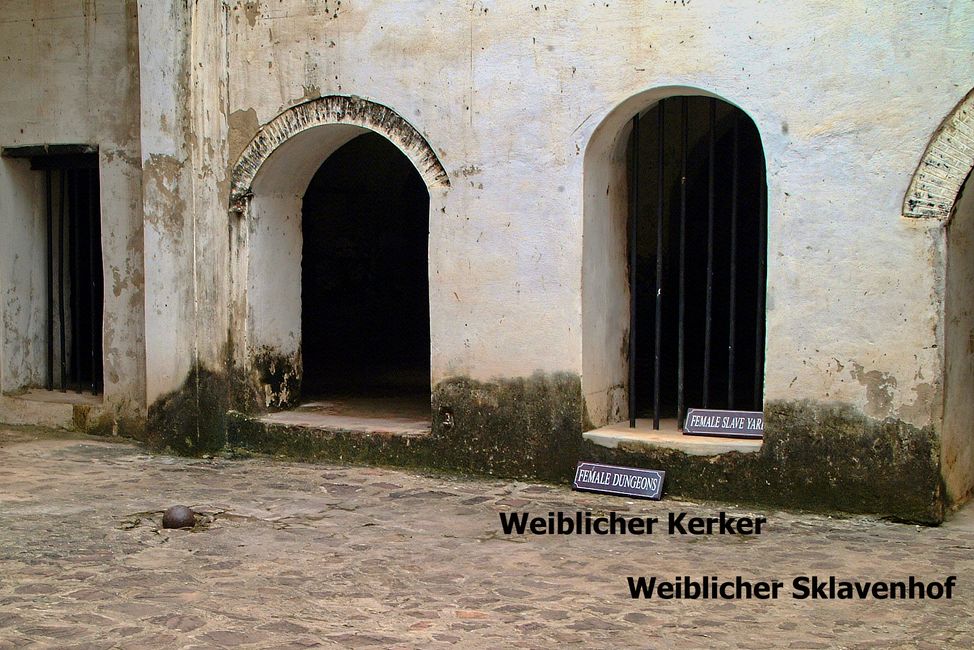
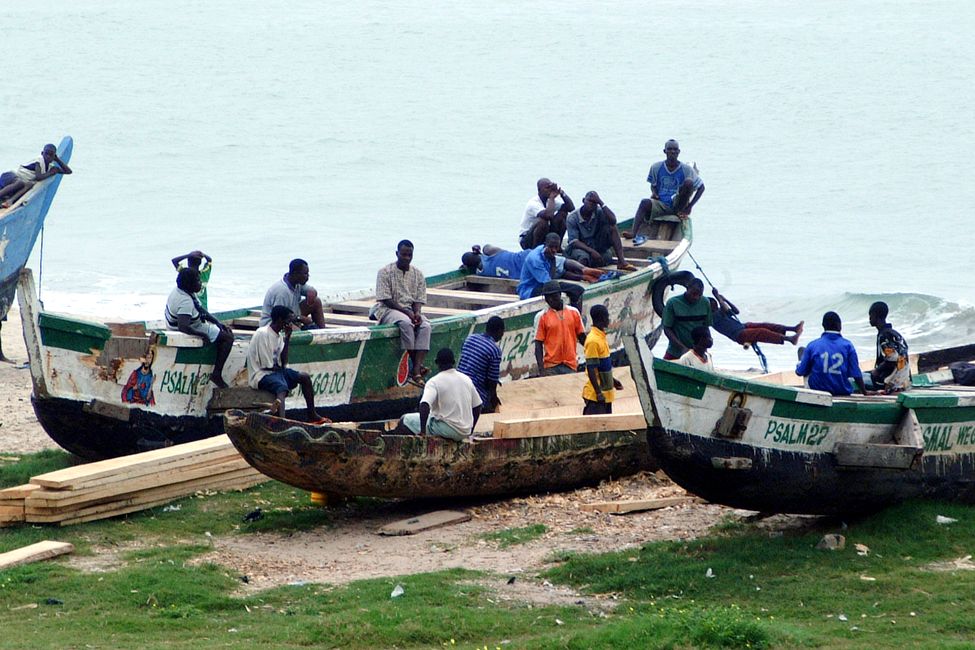
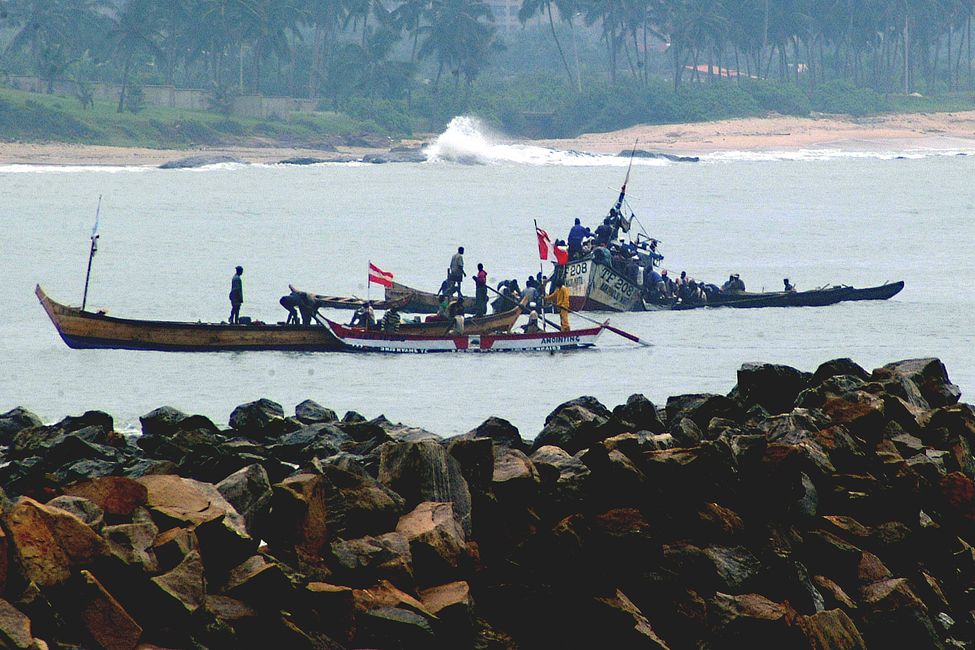
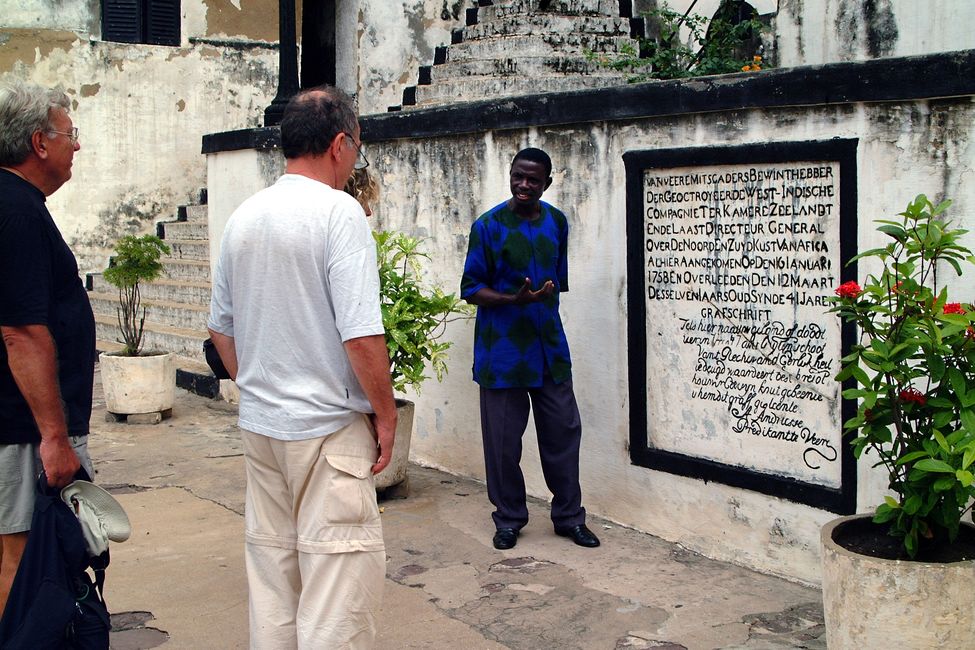
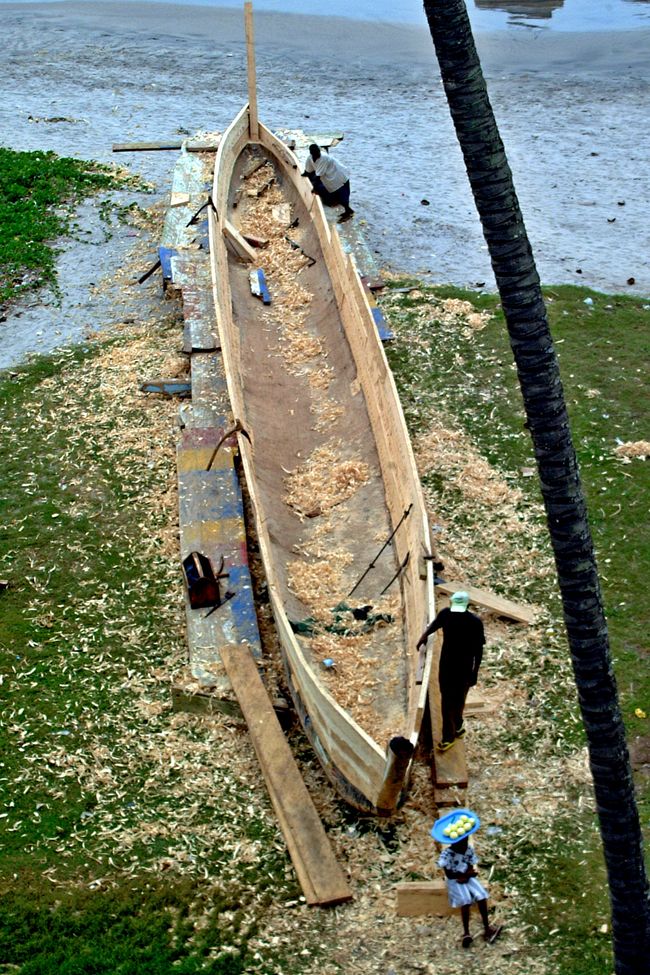
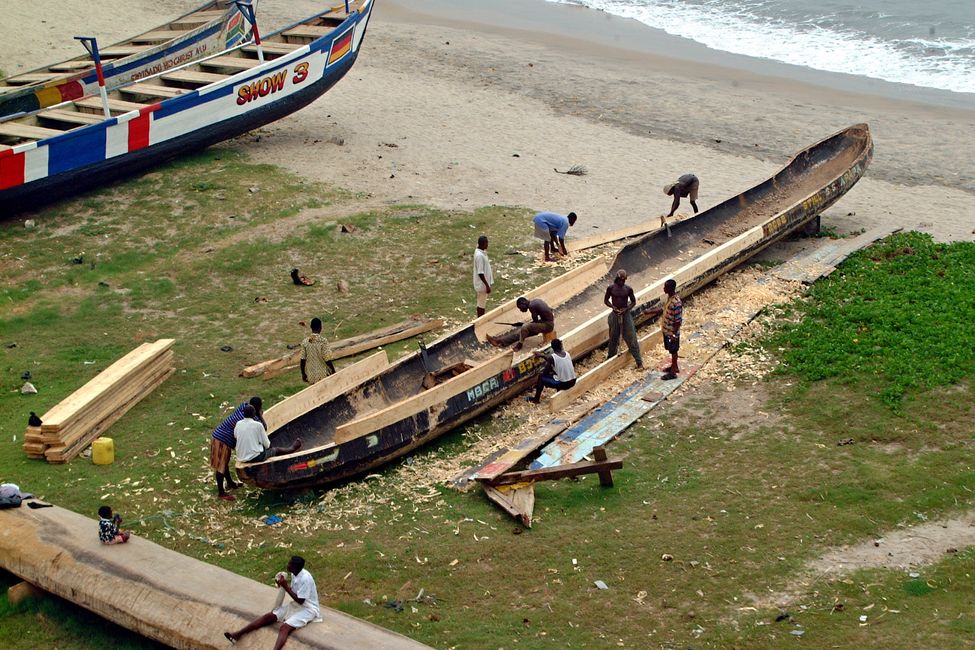
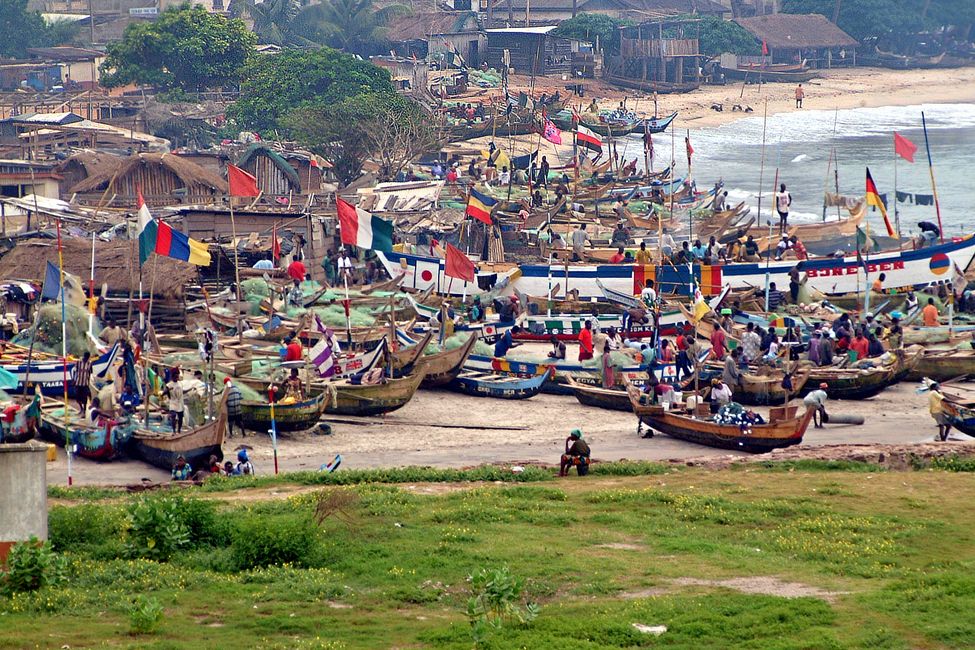
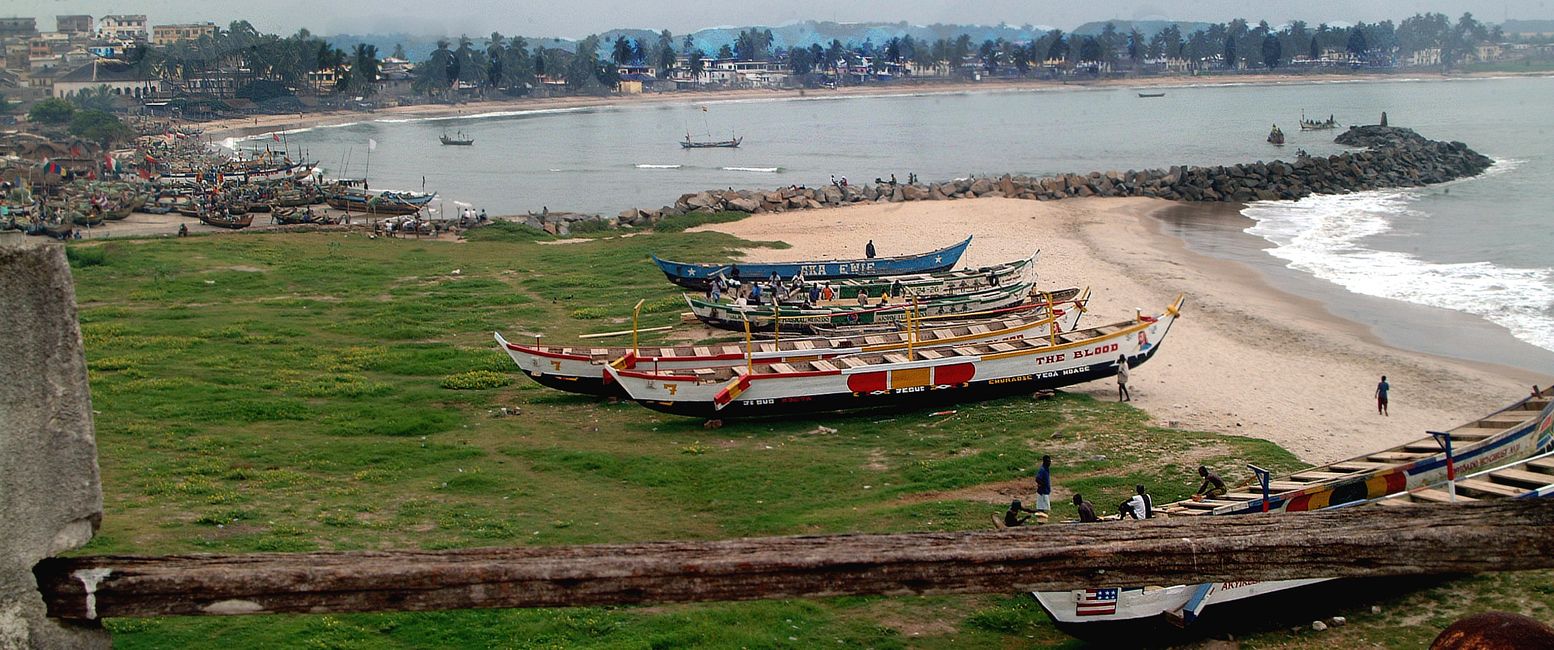
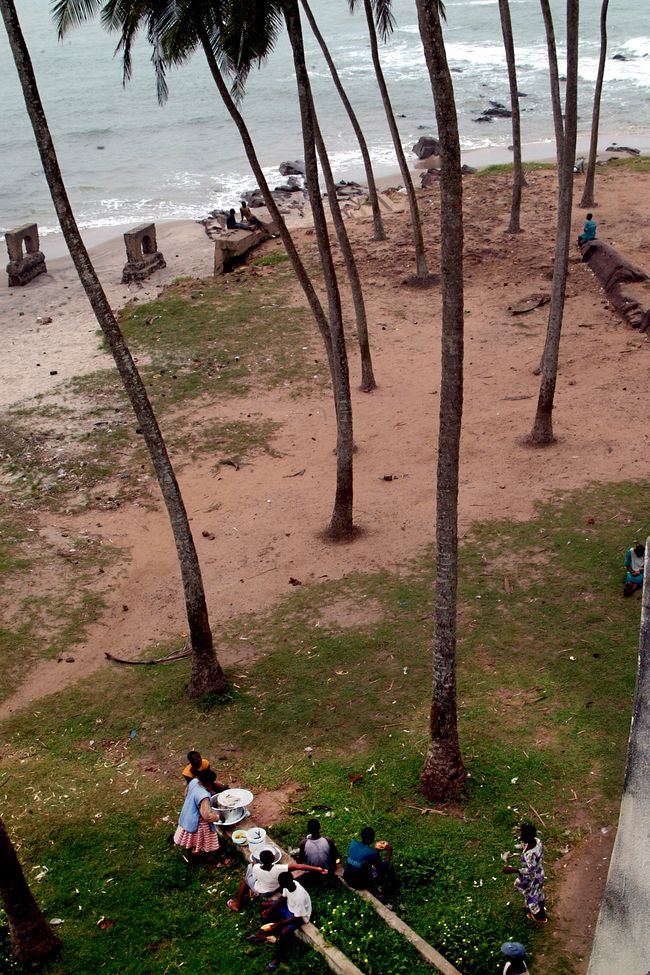
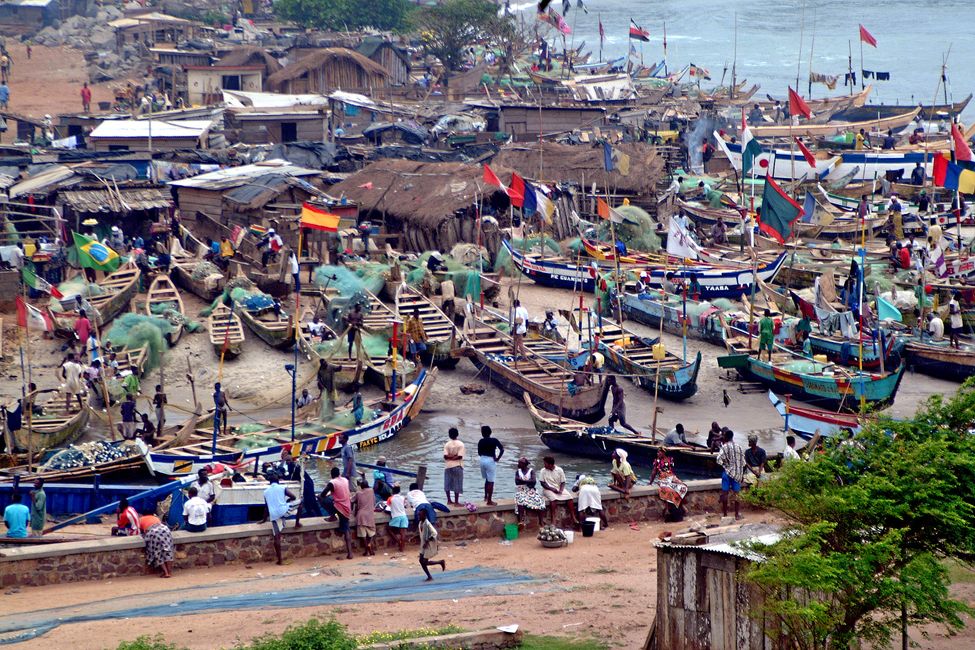
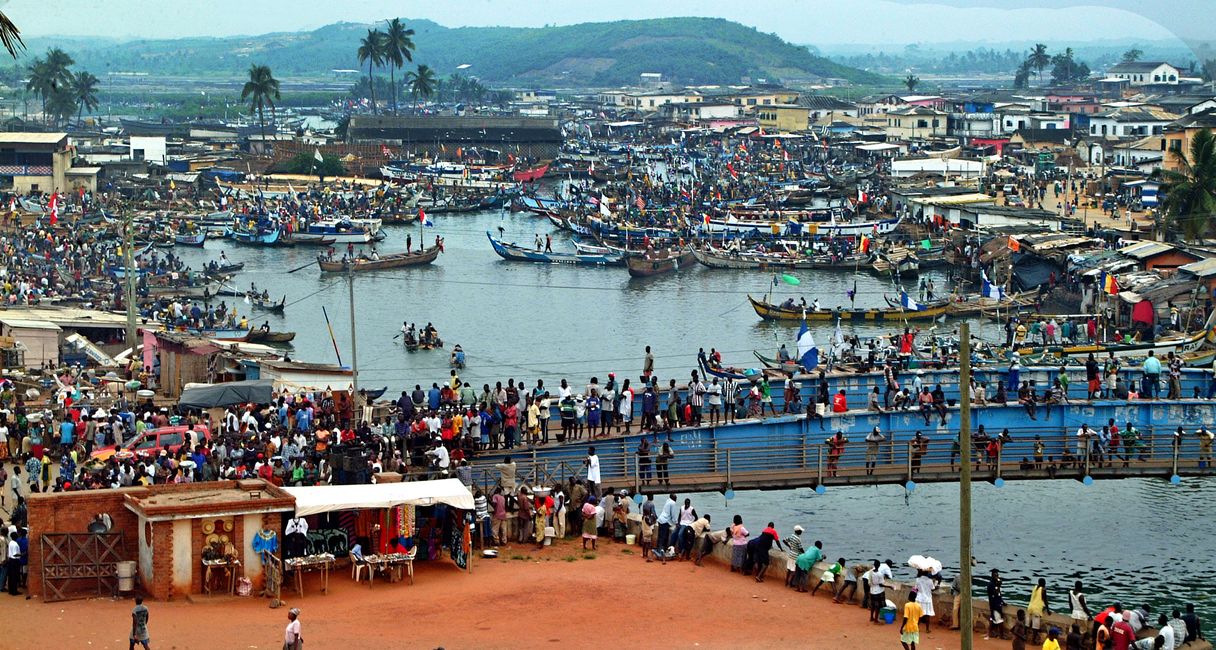
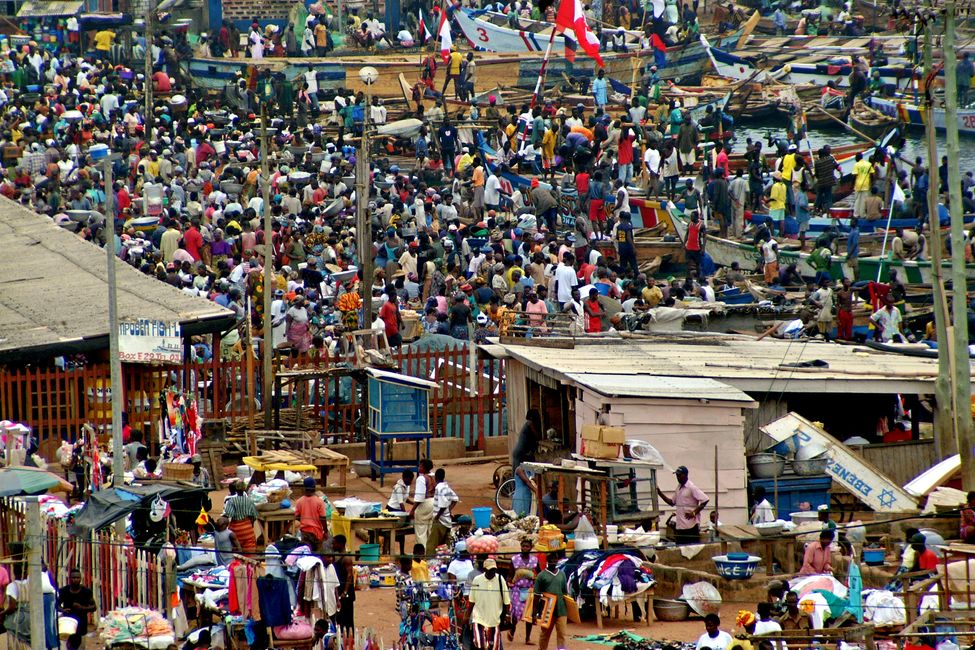
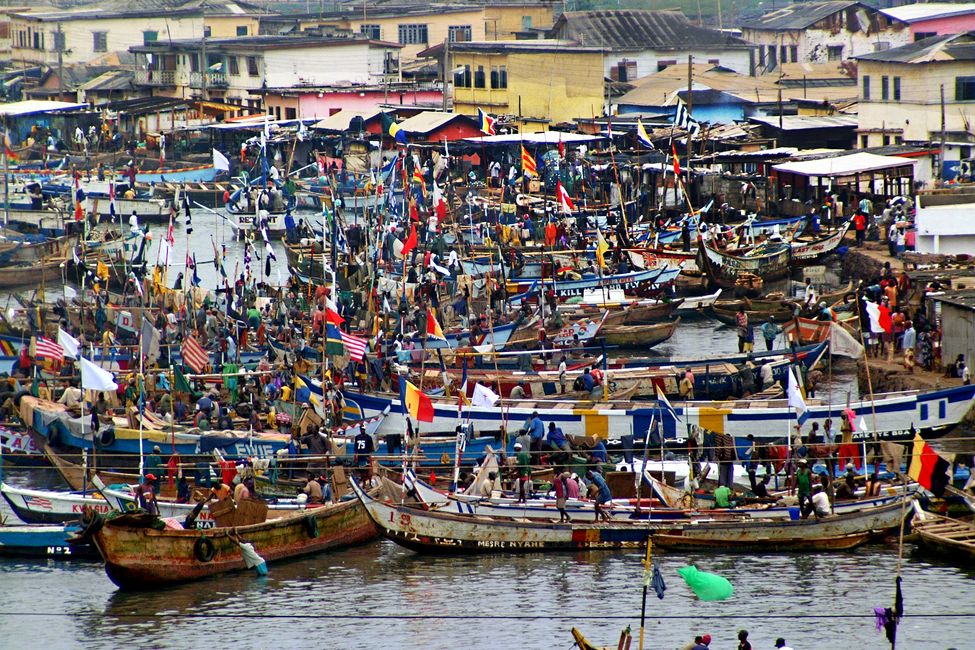
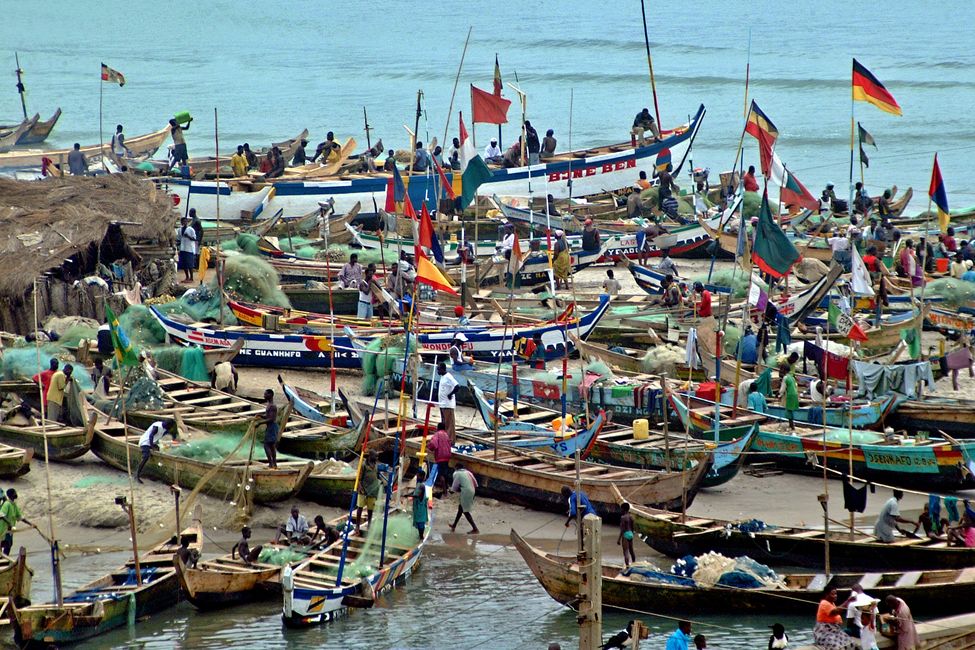
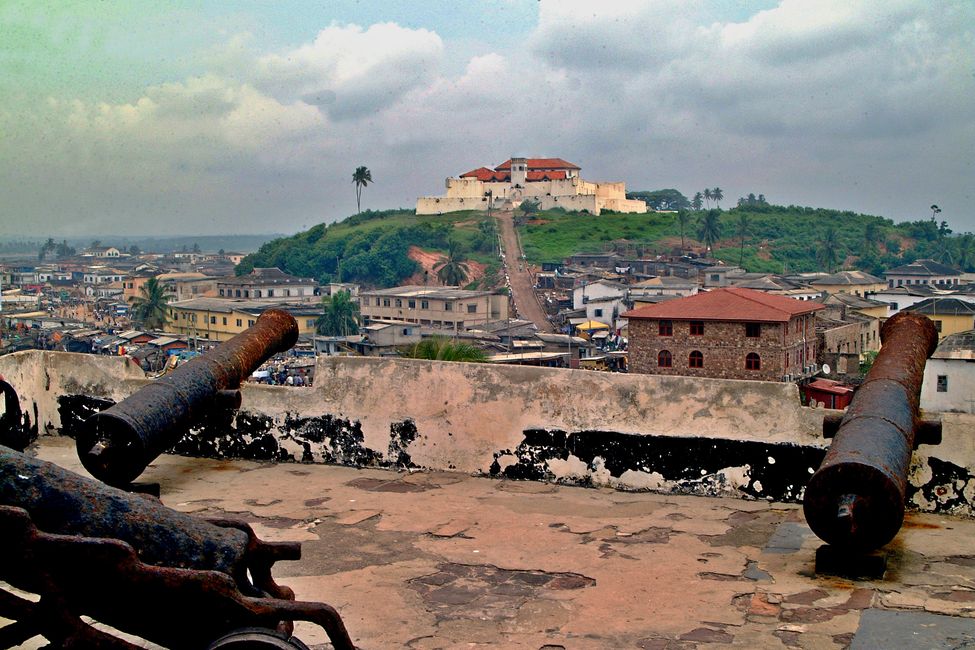
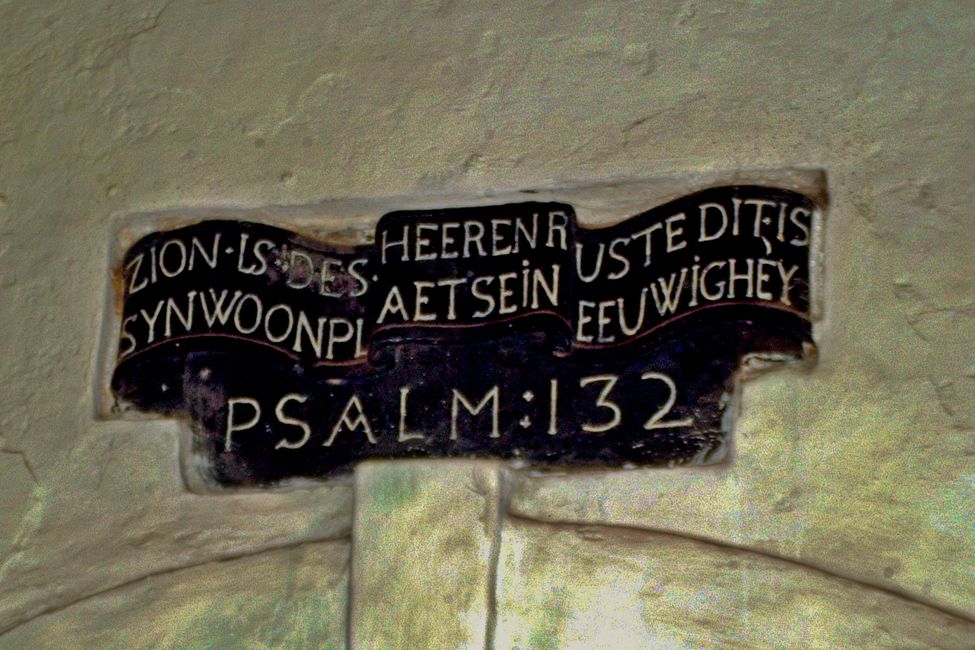
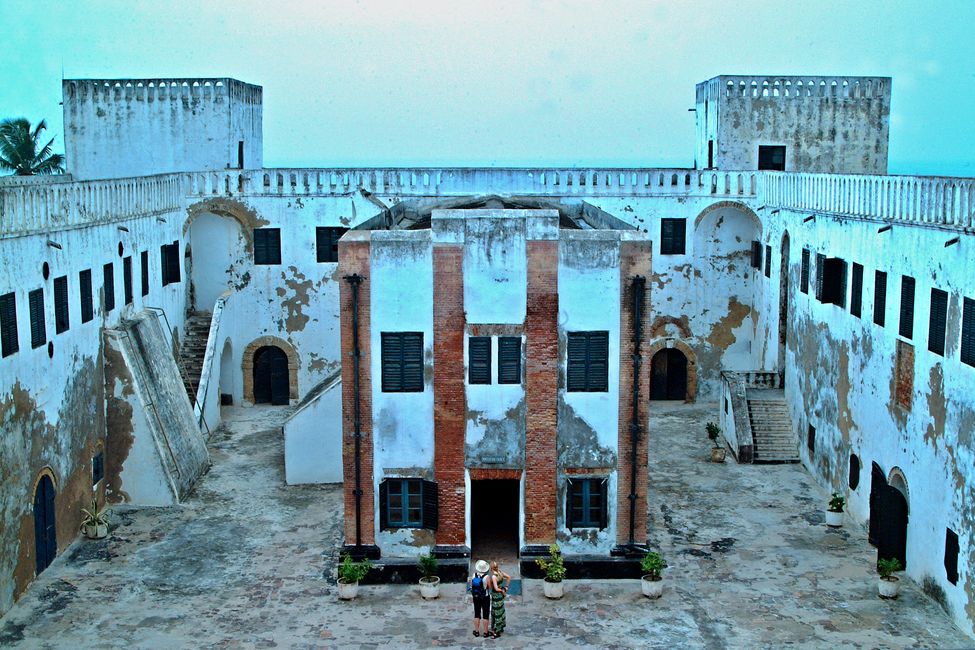
Kyerɛw wo din wɔ Newsletter no mu
Ghana is not only known for its lush forests, diverse wildlife, and kilometers of sandy beaches along a picturesque coast. It is also celebrated for its rich history - its home to 10,000 BC. The country takes its name from the great medieval trading empire that existed northwest of the modern state until the 13th century. The direct maritime trade with Europe, established in the 15th century, had a significant impact on the region's inhabitants, many of whom actively traded with the Portuguese, Dutch, British, and other Europeans. Forts and castles, many of which still dot the Ghanaian coast today, were built by the Europeans to protect their commercial interests. Although trade initially focused on the gold that was readily available in the region (and from which the future British colony would take its name, the Gold Coast), the focus shifted to the lucrative slave trade in the 17th century. The area later became known for cultivating cocoa, the source of cocoa beans. Cocoa was introduced there in the late 19th century and continues to be an important export for Ghana.
Kyerɛw wo din wɔ Newsletter no mu
Anoyie
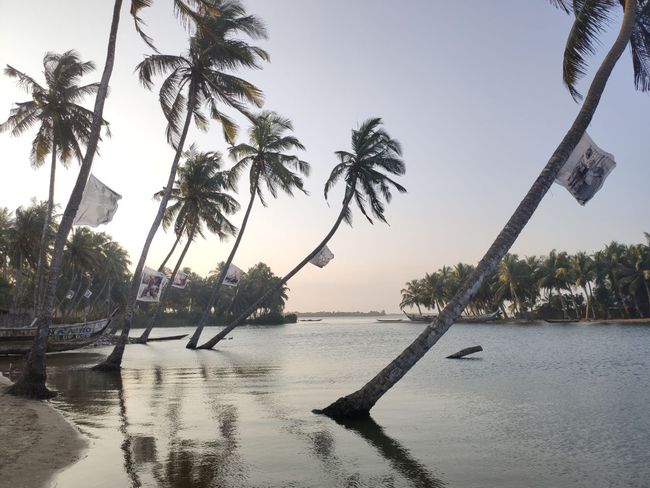
Akwantuo ho amanneɛbɔ Ghana
